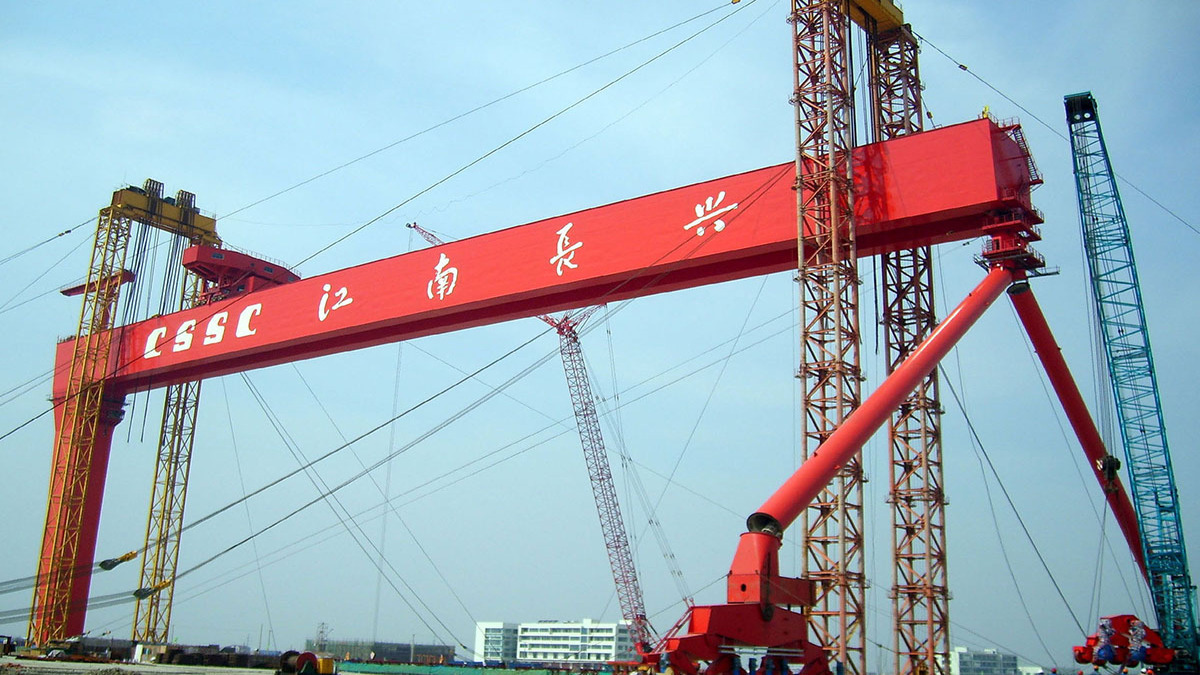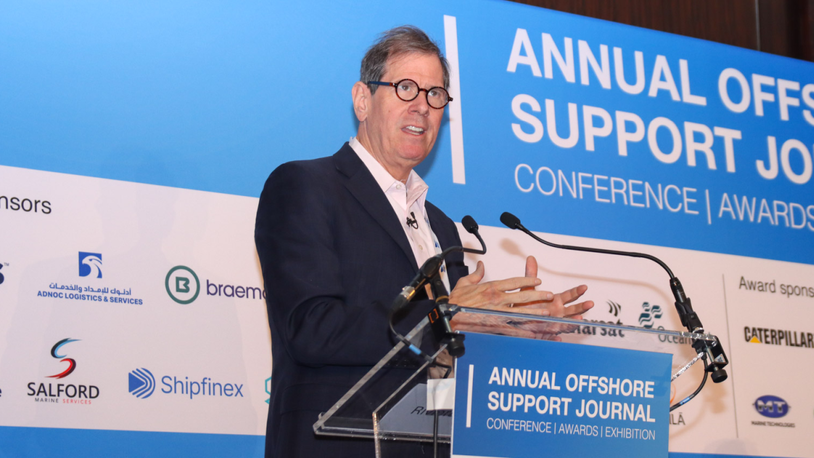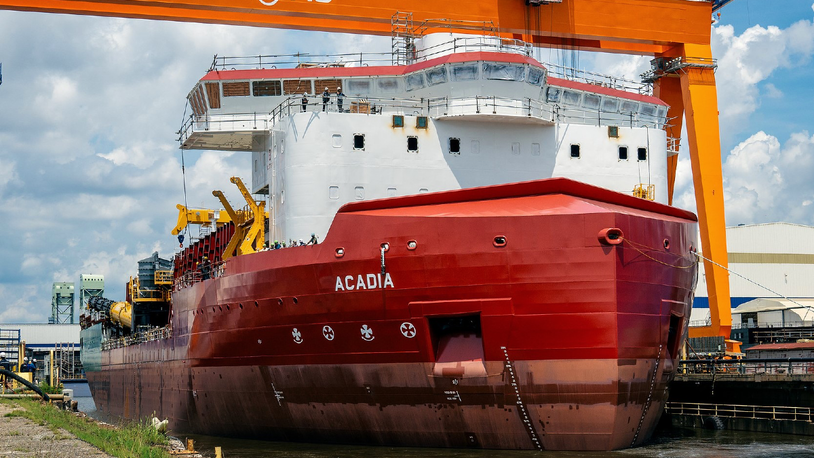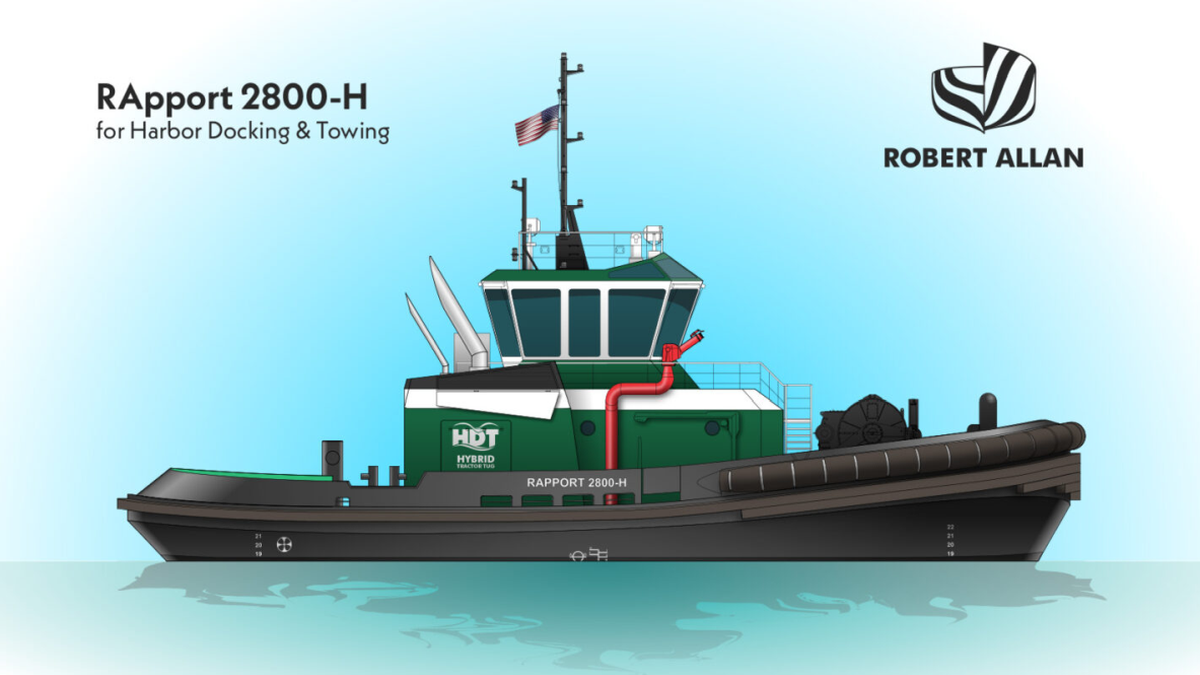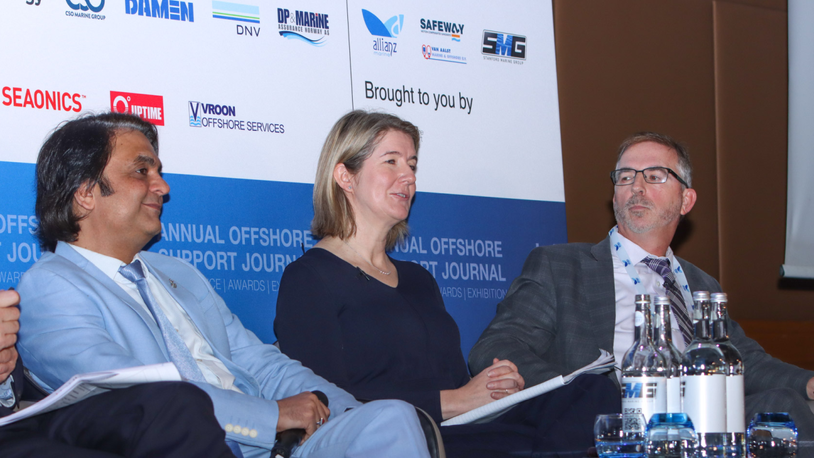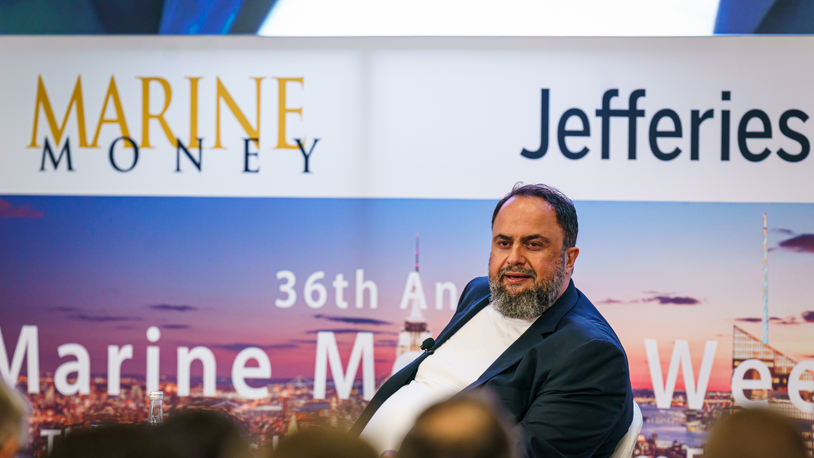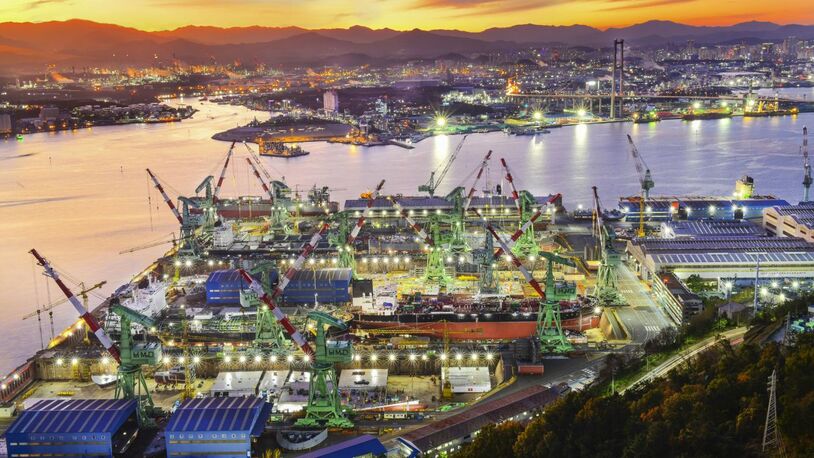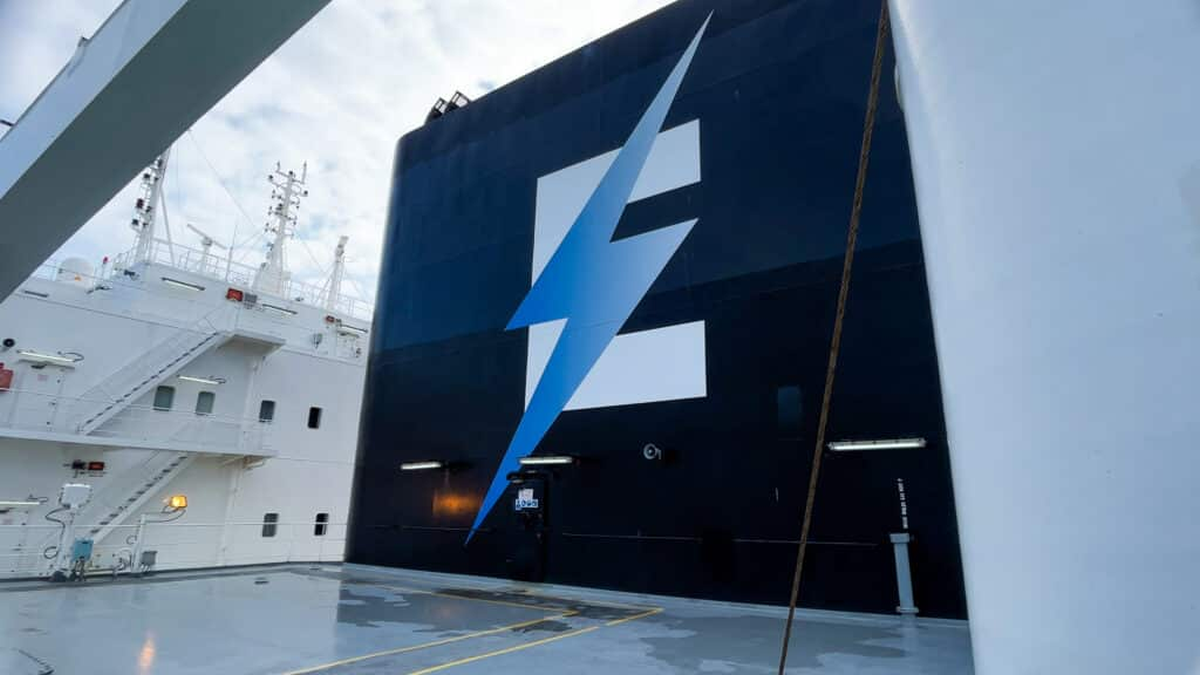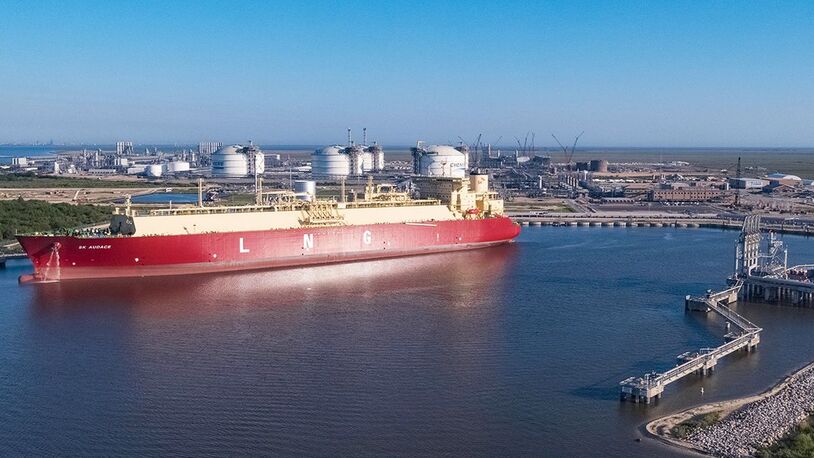Business Sectors
Events
Contents
Register to read more articles.
Shipping groups urge caution over proposed US port fees
Major shipping organisations continue to raise concerns over the proposed port fee on Chinese-built vessels, warning that it could have unintended consequences and harm the competitiveness of US maritime trade
A public commentary and hearing process for a US Trade Representative (USTR)-proposed fee structure that would be levied on Chinese and Chinese-built ships visiting US ports saw major shipping lobbies and interests argue that the proposed fees would not achieve the policy’s intended outcome.
Many of those who spoke or submitted written commentary acknowledged their support for US President Trump’s stated goal of revitalising the US’ domestic shipbuilding industry, but said the port fees policy could hinder that goal.
The public hearing on the proposal took place from 24 March to 26 March, with over 60 witnesses providing testimonies in person. A deadline for submitting post-hearing comments has been set for 2 April.
Concerns over trade disruptions
Testifying before the US Trade Representative (USTR) Section 301 Committee in Washington, International Chamber of Shipping (ICS) secretary general Guy Platten cautioned that the measures "could disrupt supply chains and raise costs for US consumers and exporters".
Mr Platten further emphasised that these measures could harm American consumers and businesses by making US exports less competitive globally. This, in turn, would negatively impact jobs at ports, farms, and within the American shipping industry, the very sector the policy aims to support. The ICS had raised similar concerns in its public comments prior to the hearing.
During the hearing, the ICS urged the USTR to consider alternative policies that would strengthen US shipbuilding without disrupting trade or harming the industries that rely on maritime transport.
"Astronomical" cost
World Shipping Council (WSC) president Joe Kramek, representing the liner shipping sector, opposed the proposed port fees and restrictions on export carriage.
“These proposed remedies would cause serious harm to wide swaths of the US economy. The path to revitalising the US maritime industry is forward, not backward, through retroactive fees that amount to ex-post facto punishments on ocean carriers,” said the WSC.
The Council quantified the financial impact with specific figures. According to its calculations, the high-end fee impact per container for a six-port call on a 6,623 TEU vessel, operated by a non-Chinese carrier, is “astronomical” compared to current spot rates for major trade routes to and from the US. On the New York-to-Rotterdam route alone, the fee represents 535% of the current spot rate.
Potential impact on US ports
Similar concerns were raised by Chamber of Shipping of America (CSA) president Kathy J Metcalf, who represents 21 US-based companies that own, operate, or charter oceangoing tankers, container ships, and other merchant vessels.
CSA warned that imposing a port fee could lead to port dislocation, with cargo being diverted to Canadian or Mexican ports before being transshipped to the US to avoid the additional charges. Such a shift would harm US ports and the jobs that depend on their operations.
Additionally, according to CSA, smaller ports could face severe consequences, as container ships that currently call at multiple US ports might consolidate their stops to a single location to minimise port fees. This would not only impact the ports that are bypassed but also the local economies, businesses, and jobs that rely on their continued operation.
China unlikely to be affected
Intertanko managing director Tim Wilkins stated that operators impacted by the proposed policy would have specific options. They would either pay the service fee on port calls, phase out Chinese-built vessels from US trade, avoid calls to the US entirely, or seek a service fee remission by using US-built vessels.
Mr Wilkins explained that each of these options could have significant repercussions. Additional costs would ultimately be passed on to consumers, the US market share could decline, and logistical inefficiencies could arise. The reshuffling of trade routes could also lead to reduced competition, while the number of tankers available to serve US ports might decrease.
Summarising these concerns, Mr Wilkins argued that the proposed measures would fail to curb China’s dominance in the maritime, logistics, and shipbuilding sectors. Instead, the US and its consumers would bear the highest costs, while China would remain largely unaffected.
Chinese owners call for diplomatic resolution
China Shipowners’ Association (CSA) executive vice-chairman Liu Shanghai emphasised that the international shipping market has long operated under principles of open competition. He cautioned against "policy decisions that are driven by short-term political and economic considerations" at the expense of broader global trade stability.
The CSA representative suggested that the US should seek international cooperation to expand its shipping fleet rather than relying on protectionist measures. He urged US policymakers to engage in "sincere negotiations" with the Chinese government through established frameworks such as the World Trade Organization (WTO) and the US-China Maritime Transport Agreement to find constructive solutions to the current trade disputes.
Sign up for Riviera’s series of technical and operational webinars and conferences:
- Register to attend by visiting our events page.
- Watch recordings from all of our webinars in the webinar library.
Related to this Story
Events
Maritime Regulations Webinar Week
Floating energy: successfully unlocking stranded gas using FLNGs and FSRUs
© 2024 Riviera Maritime Media Ltd.

